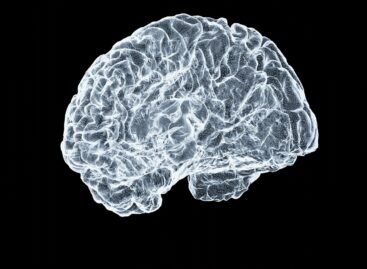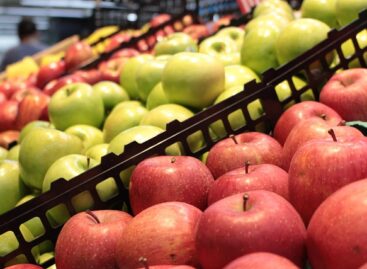A diet based on fish can also be dangerous
While fish is an indispensable element of the festive tables of Hungarian cuisine, and its consumption shows an increasing trend in the rest of the year, it is important to be aware of certain risks that can be associated with fish dishes. HelloVidék’s article highlights that both sea and freshwater fish can contain harmful heavy metals, which can also pose a threat to human health.
 Heavy metals such as cadmium, chromium, mercury, lead, and nickel can be toxic even in small amounts and pose a serious health risk. These metals can enter the body of fish as a result of contamination of the marine environment, so the consumption of fish indirectly affects us as well.
Heavy metals such as cadmium, chromium, mercury, lead, and nickel can be toxic even in small amounts and pose a serious health risk. These metals can enter the body of fish as a result of contamination of the marine environment, so the consumption of fish indirectly affects us as well.
Although, according to studies, domestic fish are less exposed to heavy metal pollution, a significant part of the global fish market comes from regions where this problem is more serious. Consumers should find out about the origin of fish and their potential risks.
In terms of risk levels, we distinguish several categories. The very low risk group includes, for example, wild Pacific and Alaskan salmon, mussels, shrimp, and oysters, while the high risk group includes species such as swordfish, tilefish, marlin, shark, bluefin tuna, and king mackerel. It is especially important that pregnant and lactating mothers avoid the consumption of fish classified in the high-risk group.
Related news
World Rare Disease Day: advances in clinical trials and expansion of genetic diagnostics are essential for the development of precision medicine
🎧 Hallgasd a cikket: Lejátszás Szünet Folytatás Leállítás Nyelv: Auto…
Read more >Health is decided at the family table – dietitians show the everyday application of the SMART PLATE® nutritional recommendation
🎧 Hallgasd a cikket: Lejátszás Szünet Folytatás Leállítás Nyelv: Auto…
Read more >A fruit day doesn’t cure or sustain you – that’s why most corporate well-being programs don’t work
🎧 Hallgasd a cikket: Lejátszás Szünet Folytatás Leállítás Nyelv: Auto…
Read more >Related news
(HU) Átadták a SIRHA Budapest 2026 Innovációs Termékverseny díjait
🎧 Hallgasd a cikket: Lejátszás Szünet Folytatás Leállítás Nyelv: Auto…
Read more >HELL CITY has arrived, led by Michele Morrone
🎧 Hallgasd a cikket: Lejátszás Szünet Folytatás Leállítás Nyelv: Auto…
Read more >








